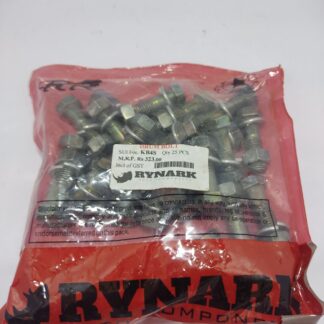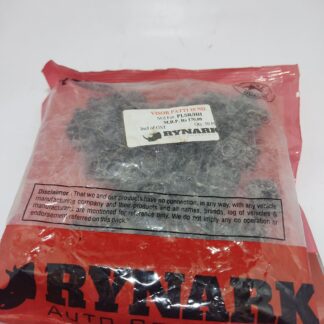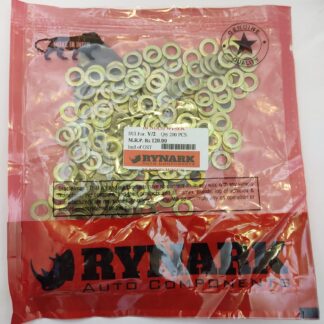Description
Understanding Plain Washer: Enhancing Fastening Solutions
Introduction: Importance of Plain Washer in Fastening
Plain washers, often overlooked yet crucial components in fastening systems, play a pivotal role in ensuring secure and stable connections. These simple, flat, and circular discs. Usually made from various materials like steel, stainless steel, or brass. It serve as vital elements in distributing the load of a threaded fastener. Positioned beneath the head of a bolt or nut. Plain washers assist in preventing damage to surfaces, reducing friction, and maintaining even pressure distribution. Ultimately bolstering the integrity of the fastened assembly.
The relationship between a Plain washer and an Allen key bolt 10 no 25 resides in their collaborative role within fastening systems. While an Allen key bolt 10 no 25 serves as a secure fastening agent, the Plain washer complements its functionality by evenly distributing pressure and load across surfaces. When used together, the Plain washer acts as a supportive element, preventing damage to surfaces and enhancing the stability of the connection created by the Allen key bolt 10 no 25, highlighting their symbiotic relationship in ensuring robust and durable fastenings.
Types and Varieties of Plain Washer
Differentiating Types by Material and Design
Plain washers come in an array of types, each crafted with distinct materials and design variations to suit specific applications. Steel plain washers, durable and commonly used, provide robust support. While stainless steel variants offer corrosion resistance, ideal for outdoor or moist environments. Additionally, brass plain washers, known for their malleability. Find applications requiring a softer touch on surfaces. The diversity in materials allows for tailored choices based on the unique demands of fastening projects.
Application and Functionality in Fastening Systems
Role in Maintaining Stability and Strength
The primary function of a plain washer is to bolster the fastening process by distributing the load and reducing the risk of damage to the surface. Acting as a buffer between the nut or bolt head and the fastened material. Plain washers aid in mitigating stress concentrations, preventing loosening due to vibrations, and enhancing the overall stability of the connection. Whether in construction, machinery, automotive, or household applications. These unassuming components ensure secure and long-lasting fastenings.
Selection and Installation Guidelines
Factors Influencing Choosing and Fitting Plain Washers
Selecting the appropriate plain washer involves considering factors such as size, material, and intended use. Sizing should match the inner diameter of the washer with the outer diameter of the fastener to ensure a proper fit. Additionally, the choice of material should align with the environment and load-bearing requirements of the application. Installing plain washers involves placing them beneath the nut or bolt head, ensuring a snug fit without excessive force, guaranteeing effective load distribution.
Importance in Diverse Industries
Contributions to Varied Sectors
Plain washers find extensive use in numerous industries and applications. In the automotive sector, they contribute to securing vital components, preventing surface damage and maintaining structural integrity. Within construction, plain washers aid in distributing loads across joints and surfaces, ensuring stability. In household appliances, these unassuming elements play a crucial role in maintaining fixture integrity, demonstrating their versatility and indispensable nature across sectors.
Conclusion: The Unsung Heroes of Secure Fastening
Plain washers, often overlooked in the grand scheme of fastening systems, are indeed the unsung heroes in ensuring secure, stable, and durable connections. Their straightforward design and diverse material options cater to a wide array of applications, contributing significantly to maintaining the integrity of assemblies in various industries. Understanding their role and selecting the appropriate plain washer for each specific application is vital in ensuring reliable and long-lasting fastening solutions.




Reviews
There are no reviews yet.